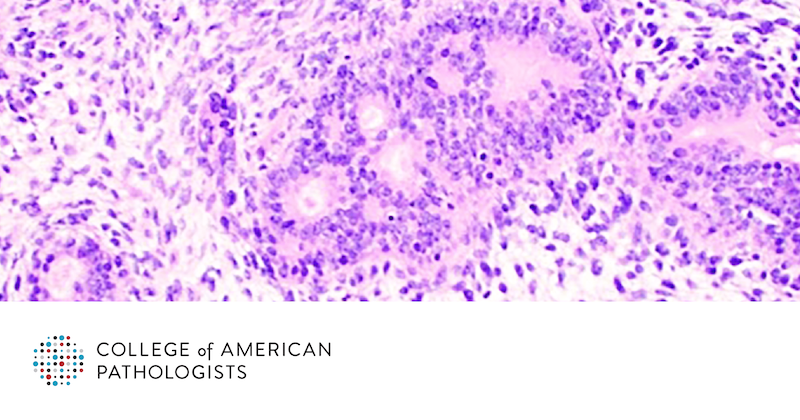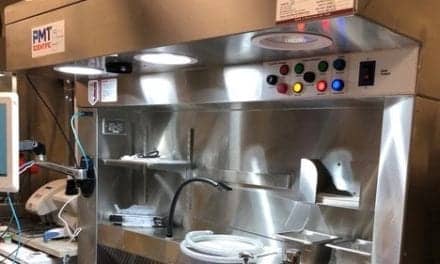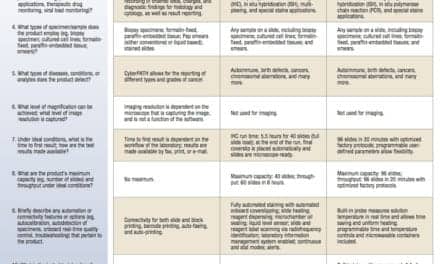Summary:
Immunohistochemistry (IHC) offers a reliable, cost-effective alternative to genetic testing for diagnosing soft tissue tumors by detecting surrogate markers of molecular alterations.
Takeaways:
- Specific IHC markers like SS18::SSX and MUC4 can accurately indicate genetic alterations in various soft tissue tumor types.
- IHC enables earlier and more accessible diagnosis, especially in resource-limited settings.
- While not a full replacement for genetic testing, IHC significantly supports targeted therapy decisions and improves diagnostic efficiency.
Immunohistochemistry (IHC) can serve as a powerful surrogate for genetic testing in the diagnosis of soft tissue tumors. In a new review from the College of American Pathologists (CAP), “Immunohistochemical Surrogates of Molecular Genetic Alterations in Soft Tissue Tumors,” co-authors Maria Del Carmen Rodriguez Pena, MD, FCAP, and Jason L. Hornick, MD, PhD, FCAP, detail how specific IHC markers can reliably indicate the presence of underlying genetic alterations, enabling early and accurate diagnosis, especially in challenging or resource-limited cases.
“Soft tissue tumors are rare and notoriously difficult to diagnose,” says Hornick, member of the CAP Personalized Health Care Committee. “The ability to detect molecular alterations through routine IHC is a game changer for pathologists and patients alike.”
Recent research outlines key immunohistochemistry surrogates for a range of tumor types, including:
- SS18::SSX markers for synovial sarcoma
- MUC4 for low-grade fibromyxoid sarcoma and sclerosing epithelioid fibrosarcoma
- ALK and ROS1 for inflammatory myofibroblastic tumors
- DDIT3 for myxoid liposarcoma
- CAMTA1 for epithelioid hemangioendothelioma
“These markers can significantly streamline diagnosis, minimize reliance on more costly molecular techniques, and help identify candidates for targeted therapies such as tyrosine kinase inhibitors,” says Rodriguez Pena. “With high sensitivity and specificity, these markers are helping pathologists make informed decisions faster, ultimately improving patient care.”
The authors emphasize that while immunohistochemistry is not a replacement for molecular testing in all cases, its utility as a rapid, cost-effective screening tool makes it indispensable in modern soft tissue pathology.
Image: Immunohistochemistry markers can reliably indicate the presence of underlying genetic alterations, enabling early and accurate diagnosis, especially in challenging or resource-limited cases. Image: College of American Pathologists




